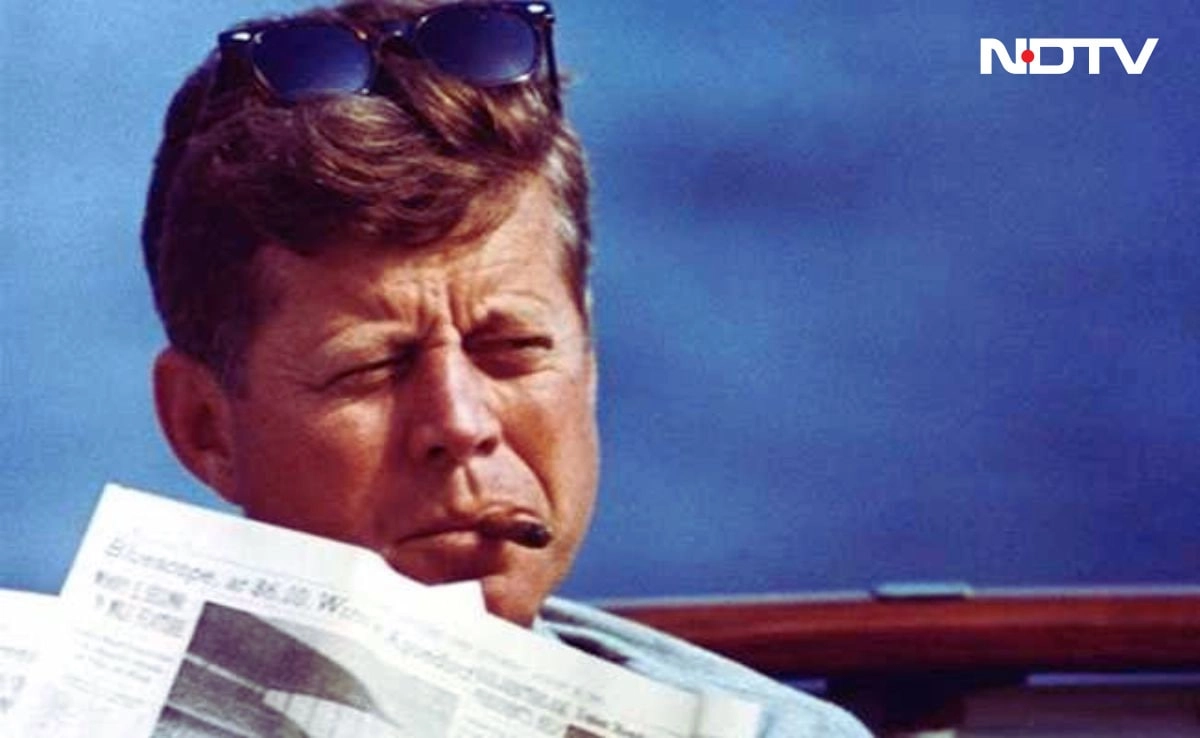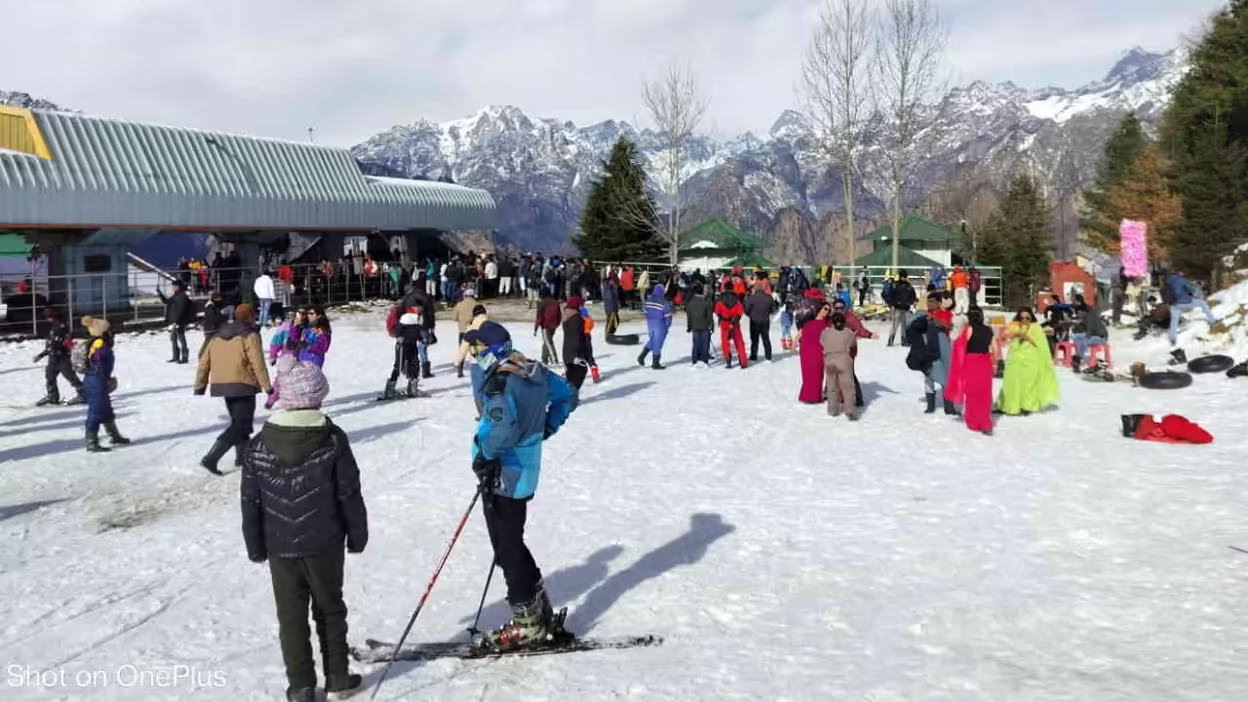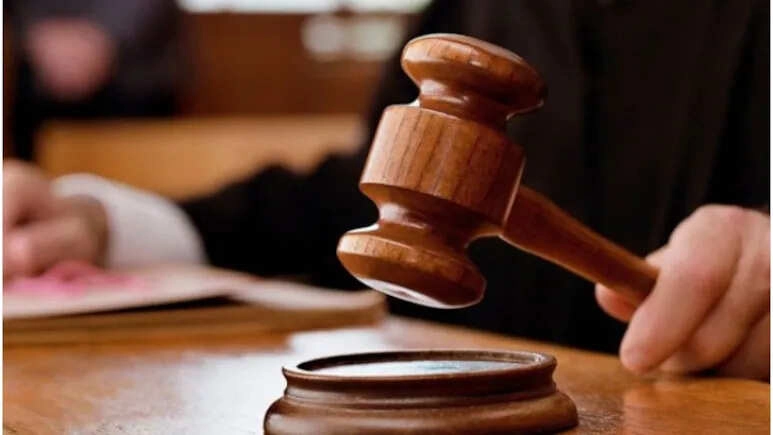The assassination of President John F. Kennedy on November 22, 1963, remains one of the most analyzed and controversial events in American history. Over the years, various theories have emerged surrounding the circumstances of his death, with some suggesting that it was the result of a conspiracy rather than the act of a lone gunman, Lee Harvey Oswald. Recently, the release of declassified documents has reignited discussions and debates about the possibility of an insider job, further complicating the narrative surrounding this pivotal moment in U.S. history.
The newly declassified documents, which include FBI files, CIA communications, and other government records, provide fresh insights into the events leading up to Kennedy’s assassination. Some researchers argue that these documents reveal inconsistencies and gaps in the official narrative, suggesting that multiple parties may have had motives to eliminate Kennedy. Theories range from involvement by organized crime syndicates to elements within the U.S. government who opposed Kennedy’s policies on issues like Cuba and civil rights. Each new piece of information adds layers to an already intricate web of speculation, making it difficult to arrive at a definitive conclusion.
Moreover, the timing of these document releases is notable, as they coincide with renewed public interest in the assassination, fueled by documentaries, books, and podcasts that explore the myriad theories. The idea of an insider job is particularly tantalizing for many, as it challenges the simplistic portrayal of Oswald as the sole perpetrator and implies a far more extensive conspiracy. As historians, journalists, and amateur sleuths sift through the newly available materials, the debate is likely to intensify, with each faction advocating for its interpretation of the evidence presented. While the official narrative may continue to assert Oswald’s guilt, the questions surrounding the assassination persist, reminding us that some mysteries may never be fully resolved.
In the wake of these revelations, public trust in official accounts has waned, leading many to question the integrity of government institutions involved in the investigation. The assassination of JFK is not just a historical event; it has evolved into a cultural phenomenon that reflects broader societal anxieties about transparency, accountability, and the potential for hidden agendas within powerful institutions. As new theories gain traction, they often mirror contemporary concerns about authority and the narratives that shape our understanding of history.
Ultimately, the legacy of Kennedy’s assassination continues to resonate, prompting ongoing exploration and debate. The declassified documents serve as a reminder of the complexities surrounding this tragic event and the enduring quest for truth in the face of conflicting narratives. Whether or not new evidence will ever lead to a consensus on who truly orchestrated the assassination, the discussion surrounding it remains vital in understanding both the past and its implications for the present and future of American governance.




